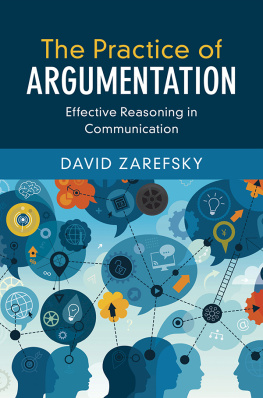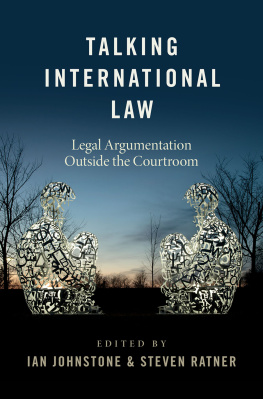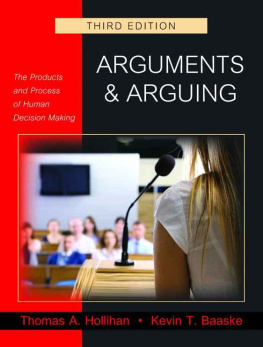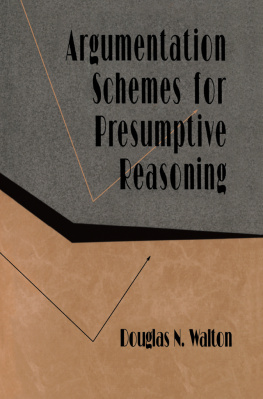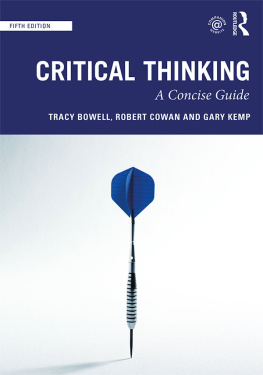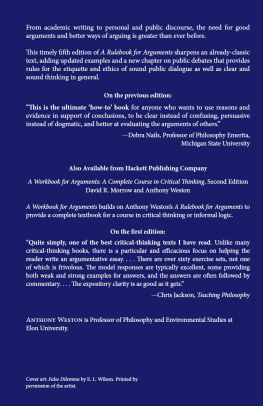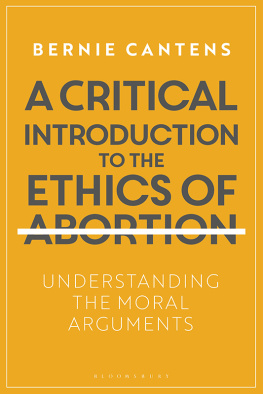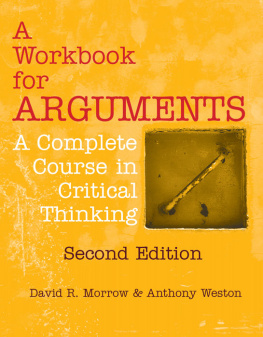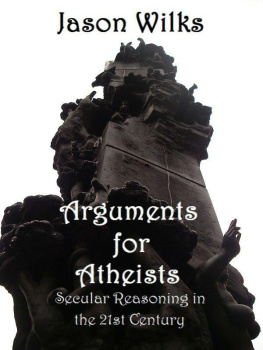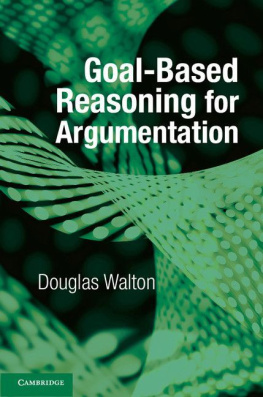This book uses different perspectives on argumentation to show how we create arguments, test them, attack and defend them, and deploy them effectively to justify beliefs and influence others. David Zarefsky uses a range of contemporary examples to show how arguments work and how they can be put together, beginning with simple individual arguments, and proceeding to the construction and analysis of complex cases incorporating different structures. Special attention is given to evaluating evidence and reasoning, the building blocks of argumentation. Zarefsky provides clear guidelines and tests for different kinds of arguments, as well as exercises that show student readers how to apply theories to arguments in everyday and public life. His comprehensive and integrated approach toward argumentation theory and practice will help readers to become more adept at critically examining everyday arguments as well as constructing arguments that will convince others.
David Zarefsky is Owen L. Coon Professor Emeritus in the Department of Communication Studies at Northwestern University, where he has taught for more than forty years. Two of his many books won the Winans-Wichelns Award for Distinguished Scholarship in Rhetoric and Public Address, an award of the National Communication Association: President Johnsons War on Poverty: Rhetoric and History (1986) and Lincoln, Douglas, and Slavery: In the Crucible of Public Debate (1990).
University Printing House, Cambridge CB 2 8 BS , United Kingdom
One Liberty Plaza, 20th Floor, New York, NY 10006, USA
477 Williamstown Road, Port Melbourne, VIC 3207, Australia
314321, 3rd Floor, Plot 3, Splendor Forum, Jasola District Centre, New Delhi 110025, India
79 Anson Road, #0604/06, Singapore 079906
Cambridge University Press is part of the University of Cambridge.
It furthers the Universitys mission by disseminating knowledge in the pursuit of education, learning, and research at the highest international levels of excellence.
www.cambridge.org
Information on this title: www.cambridge.org/9781107034716
DOI: 10.1017/9781139540926
David Zarefsky 2019
This publication is in copyright. Subject to statutory exception and to the provisions of relevant collective licensing agreements, no reproduction of any part may take place without the written permission of Cambridge University Press.
First published 2019
Printed in the United Kingdom by TJ International Ltd, Padstow Cornwall
A catalogue record for this publication is available from the British Library.
Library of Congress Cataloging-in-Publication Data
Names: Zarefsky, David, author.
Title: The practice of argumentation : effective reasoning in communication / David Zarefsky.
Description: Cambridge, United Kingdom ; New York, NY : Cambridge University Press, 2019. | Includes bibliographical references and index.
Identifiers: LCCN 2019010669 | ISBN 9781107034716 (hardback : alk. paper) | ISBN 9781107681439 (paperback : alk. paper)
Subjects: LCSH: Debates and debating. | Forensics (Public speaking) | Reasoning. | Rhetoric.
Classification: LCC PN 4181 . Z 37 2019 | DDC 808.53 DC 23
LC record available at https://lccn.loc.gov/2019010669
ISBN 978-1-107-03471-6 Hardback
ISBN 978-1-107-68143-9 Paperback
Cambridge University Press has no responsibility for the persistence or accuracy of URLs for external or third-party internet websites referred to in this publication and does not guarantee that any content on such websites is, or will remain, accurate or appropriate.
For my undergraduate students
in Theories of Argumentation
Northwestern University
19692009
Preface
Since the late 1950s, there has been an outpouring of scholarly writing on argumentation across a variety of academic disciplines. It has emphasized approaches to reasoning that are neither formal nor deductive but that have a logic of their own and are grounded in the realities of human experience. It both describes and aims to improve the processes by which people seek to justify their acts, beliefs, attitudes, and values, and to influence the thought and action of others. And it recognizes that they do so by engaging in communication with other people. As the title of this book suggests, argumentation is effective reasoning in communication.
Argumentation has emerged as an interdisciplinary field with roots primarily in the traditions of logic, dialectic, and rhetoric. Although scholars recognize and respect the comprehensiveness of their subject, within any given discipline they naturally will be most familiar with their own disciplines insight and perspective. This book, accordingly, reflects my own background and training in rhetoric. It recognizes that beliefs are justified to persons, that arguments are convincing to audiences, and that disagreements are managed by humans. It reflects the ancient assumption that, on matters that are not certain, the exchange of reasons through argumentation is the means by which we reach judgments about what to think, to believe, and to do.
This book attempts to synthesize that rhetorical tradition with the flowering of interdisciplinary scholarship, and to do so in a way that renders the subject accessible to beginners without ignoring or oversimplifying its complexity and subjectivity. It takes the reader from the basic assumptions of an argumentative perspective, to the components of arguments, to the practicalities of case construction, attack and defense, and ultimately back to the question of the personal and social functions of argumentation.
For many years between 1969 and 2009, it was my privilege to teach an undergraduate course called Theories of Argumentation at Northwestern University. I worked with students from the sciences, engineering, history, the social sciences, the humanities, and the performing arts. This book aims to draw together ideas and issues on which we worked in that class. Former students, now scattered in a variety of careers and professions, have indicated that the course was of great value in shaping their approaches to practical reasoning and judgment, not only in their chosen careers but also in their role as citizens. In turn, their willingness to grapple with these ideas has been the greatest stimulus to my own continued commitments to teaching and research. I have benefited immensely from my engagement with students over the years, and it is to them that I dedicate this book.
Professor Hans V. Hansen of the University of Windsor first suggested that I write up my course in a book to make it available to others. He envisioned a series of books on argumentation that would reflect the range of approaches to the subject and could be used by beginning students as well as more advanced readers. I was to represent the rhetorical approach. Regrettably, the series did not develop with the richness that he had anticipated, but it was his insight and vision that inspired the preparation of this work, and I am deeply grateful to him.
Several years ago, I developed an audio and video course for adults called Argumentation: The Study of Effective Reasoning, produced commercially by The Teaching Company. The notes, comments, and questions Ive received from my students in that course, as well as from my Northwestern students, have been immensely helpful in refining my thinking and sustaining my interest.

